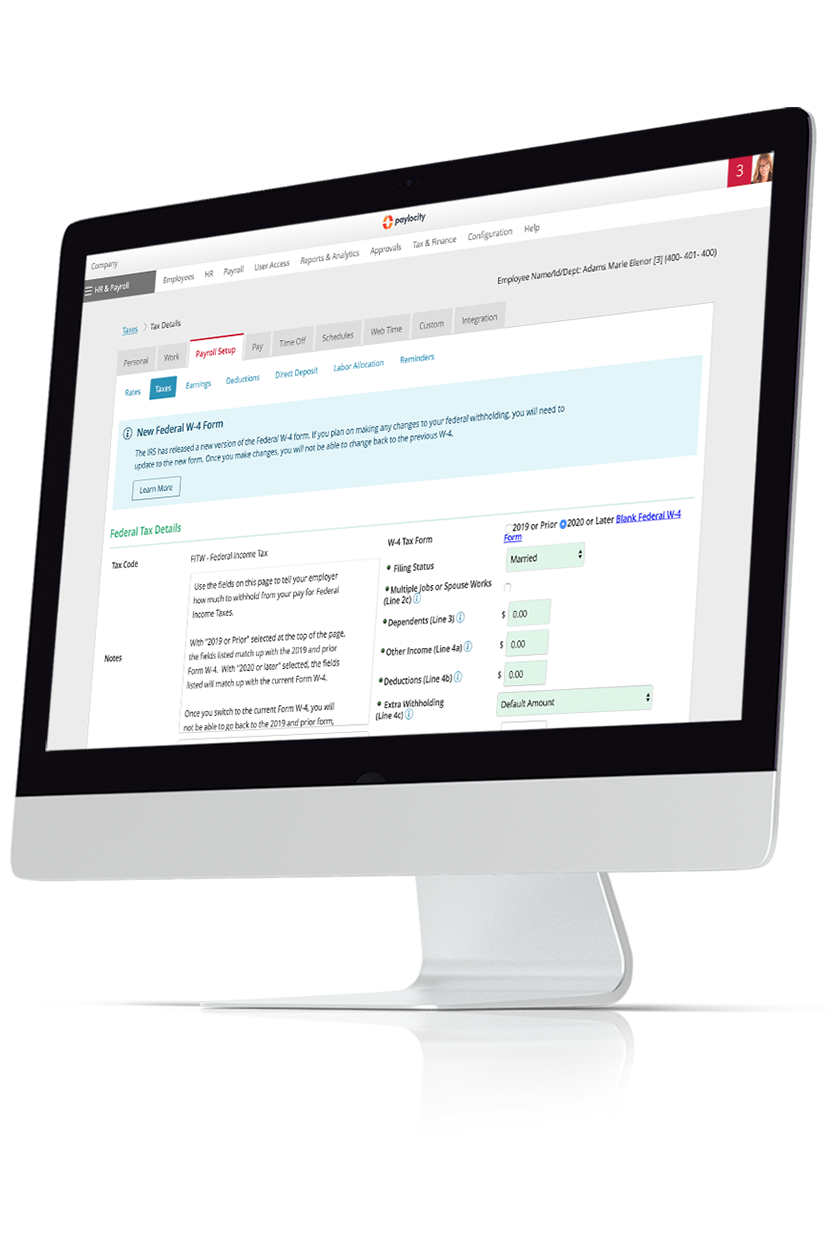Social Security and Medicare Taxes
Social Security and Medicare payroll taxes were created by the Federal Insurance Contributions Act (FICA), originally a 1935 Social Security Act (SSA) provision. Unlike income or unemployment taxes, FICA taxes are paid by the employee and the employer.
The 2025 FICA rate is 15.3% of an employee’s paycheck, split evenly (7.65%) between the employer and employee. Most of each half (6.20% or 12.4% of the total 15.3%) goes to Social Security until the employee’s annual wages hit the Social Security Wage Base Limit ($176,100 in 2025).
In other words, after an employee’s yearly wages exceed that wage base limit, the excess wages they earn until the end of the calendar year aren’t subject to Social Security taxes.
The remaining FICA tax portion (1.45% of each half or 2.9% of the total 15.3%) goes to Medicare, which has no wage base limit. If, however, an employee’s annual wages are over $200,000 and they file their tax returns as an individual, they’ll have to pay an additional 0.9% Medicare tax.
Married employees who earn over $250,000 annually and file jointly (or $125,000 annually and file separately) must also pay this additional Medicare tax.


